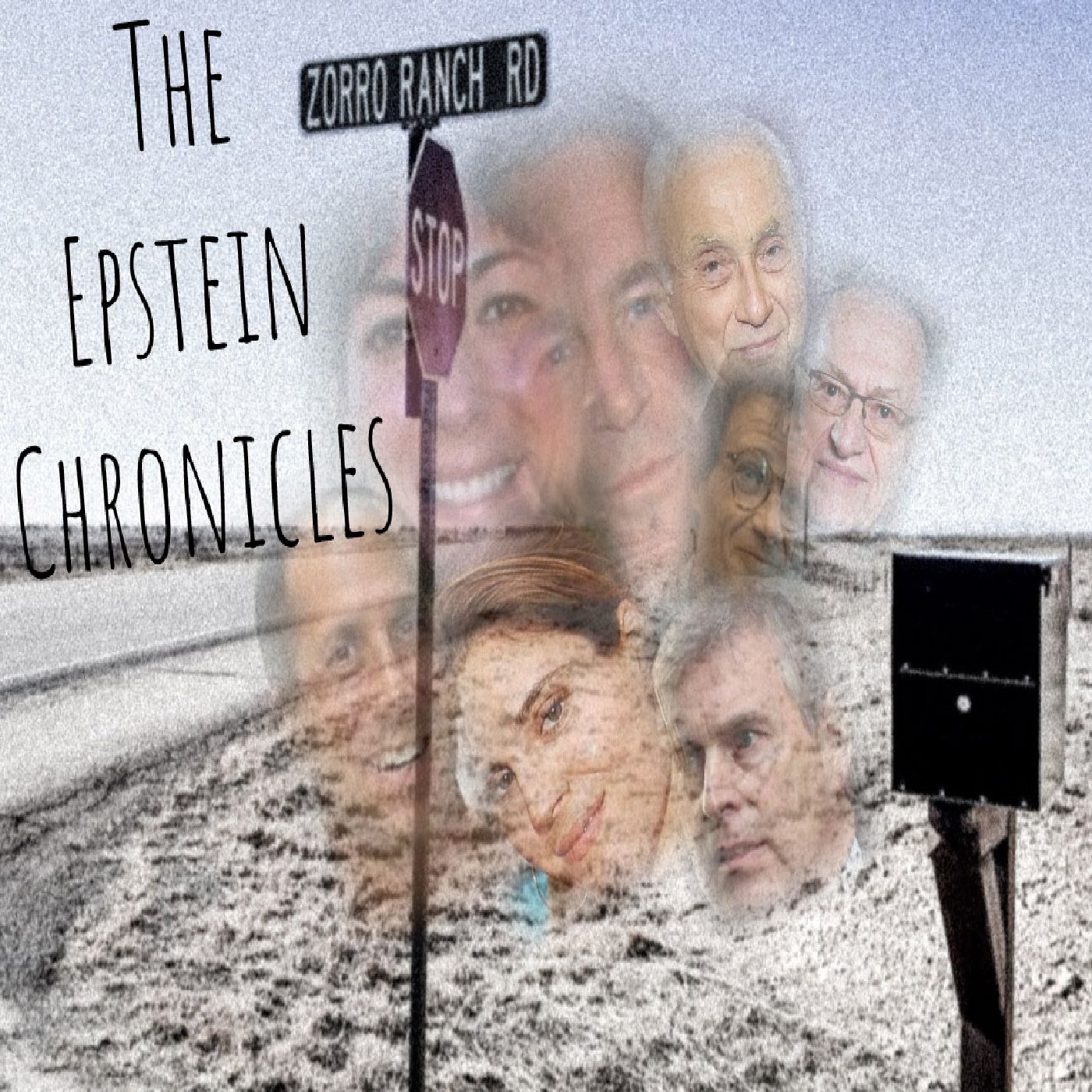A Look Back: Jeffrey Epstein, The Legacy Media And The Dunning-Kruger Effect

The Dunning-Kruger effect is a cognitive bias that refers to the tendency of individuals with low ability or expertise in a particular domain to overestimate their competence and mistakenly believe they possess above-average skills. At the same time, those who are highly skilled or knowledgeable in a specific area tend to underestimate their abilities and assume others are equally capable.
The effect was first identified by psychologists David Dunning and Justin Kruger in 1999 through a series of experiments. They found that people who performed poorly on tasks related to humor, grammar, and logic consistently rated their abilities higher than they actually were. Conversely, individuals who performed well on these tasks tended to underestimate their performance relative to others.
The Dunning-Kruger effect can be attributed to a lack of metacognitive skills, which refers to one's ability to accurately evaluate their own competence. Incompetent individuals often fail to recognize their own limitations because they lack the necessary expertise to accurately assess their own performance. This leads them to overestimate their abilities and be unaware of their shortcomings.Another contributing factor to the Dunning-Kruger effect is the cognitive bias of illusory superiority.
This bias causes individuals to believe they are better than average in various aspects of life, regardless of their actual skill level. This bias is particularly strong among those with limited knowledge or experience in a particular area.Interestingly, as individuals gain more expertise and knowledge in a specific domain, they tend to become more aware of the complexities and nuances involved.
This increased awareness leads to a more accurate self-assessment of their abilities and often results in a decrease in overconfidence.The implications of the Dunning-Kruger effect can be far-reaching. Incompetent individuals who overestimate their abilities may take on tasks or responsibilities beyond their capabilities, leading to poor decision-making or ineffective performance. Additionally, the effect can hinder individuals from seeking feedback or further education, as they believe they already possess sufficient expertise.
In this episode, we take a look at how this applies to the Jeffrey Epstein case and how the legacy media overall continues to miss the overall picture.
to contact me:
bobbycapucci@protonmail.com
source:
What you WEREN’T told about Jeffery Epstein - TheBlaze
This show is part of the Spreaker Prime Network, if you are interested in advertising on this podcast, contact us at https://www.spreaker.com/show/5003294/advertisement